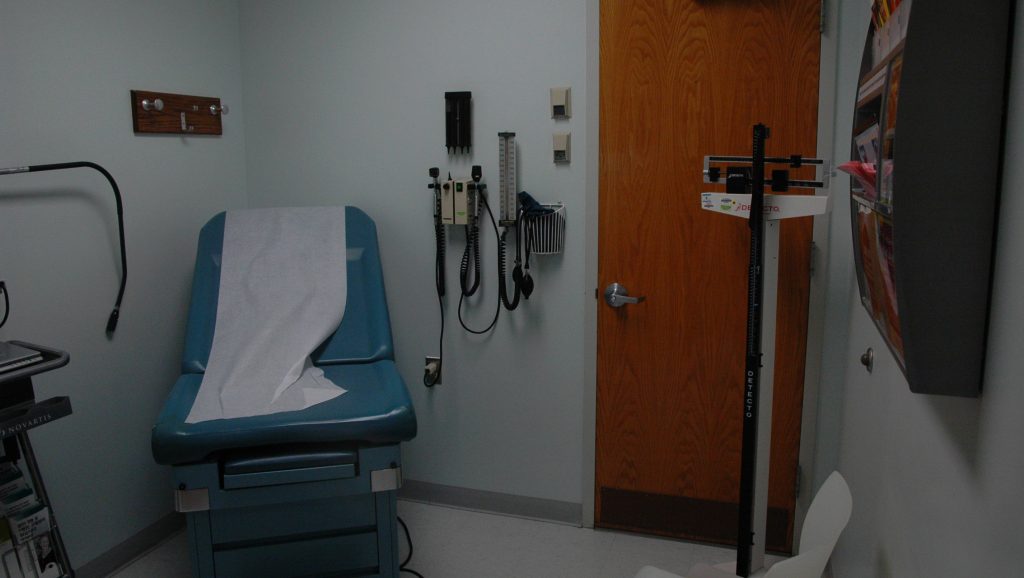Medicaid
PCMHs in CT – not the “shiny new toy” anymore but moving forward improving care, controlling costs
Ten years ago, patient-centered medical homes (PCMHs) were exotic in Connecticut. PCMHs are one of the best documented innovations to improve health. PCMHs are primary care practices that help keep people well by assessing needs, coordinating care, and giving people the skills and resources to maintain their own health. As a nurse managers told me,…
Read MoreMedicaid will apply to cover supportive housing services
DSS announced at today’s Medicaid Council meeting that they will be expanding their collaboration with state housing resources. Medicaid’s supportive housing option opportunity lets states bridge the firewall between healthcare and social service spending. CT Medicaid intends to cover transition and tenancy-sustaining services through a 1915(i) state plan amendment. Initially the program will cover up…
Read MoreNew PCMH + plans overlook past problems
Wednesday DSS and Mercer unveiled their thinking about plans for Wave 3 of PCMH Plus, Medicaid’s controversial shared savings program. Results from PCMH Plus’s first year, Wave 1, were disappointing with increased state costs and little evidence of improvement in quality. Based on the problems identified in Wave 1, advocates made recommendations to fix those…
Read More2019 Connecticut legislative session – what happened and what didn’t happen
Download the full report Connecticut’s General Assembly debated an unusually large number of health-related proposals this year. Some were new and some have been debated for years. Some passed, some were rejected, and some are on hold for next year. As of this writing, only the minimum wage increase bill has been signed into law…
Read MoreState budget deal restores coverage for 4,000 HUSKY parents, a move toward quality-based payments, and insurance protections
Policymakers have reached a $43 billion state budget deal to cover the next two fiscal years, on-time before the end of the session. For health policy folks, there is a lot to like in the deal but a few notes of caution. The best part is a partial restoration of HUSKY parents’ eligibility cuts from…
Read MorePublic option gone but good pieces remain
Negotiations over a public health insurance option in CT have broken down but other good parts of the deal remain. Reportedly, there is a budget agreement to restore HUSKY eligibility for some of the 11,000 working parents cut in 2016. DSS reports found that the large majority of the low-income parents cut from HUSKY were…
Read MoreYNHH transportation plan for controversial primary care shift troubling, concerns remain
Monday, Yale-New Haven Health System answered the state’s eighth set of questions about their controversial application with the Hill Health and Fairhaven Health Centers to move primary care for 25,000 mainly low-income New Haven area residents out of the current neighborhood sites to Long Wharf. Among many concerns voiced by patients, advocates and community leaders…
Read MoreCTNJ: Better Public Option Bill Looks to Bigger Picture
Rising health insurance costs are crushing Connecticut families and small businesses. From 2008 to 2014 deductibles in our state rose 67% for families and 50% for small businesses. The Connecticut Option, Democrats’ newest public health insurance option bill, not only improves feasibility of the concept but also begins to address the foundations of rising health…
Read MoreCTNJ: AG expands generic drug price-fixing lawsuit
Friday, Connecticut’s Attorney General Tong and 43 other Attorneys General filed a federal lawsuit alleging that 20 generic drug manufacturers and 15 individuals conspired to inflate prices for 114 drugs that treat a multitude of conditions. The complaint outlines a broad, coordinated campaign across the industry to fix prices, allocate markets and rig bids. Price-fixing…
Read MoreAdvocates offer recommendations for Medicaid shared savings future
The first year of Connecticut Medicaid’s PCMH Plus experiment in shared savings was disappointing. The program cost the state at least $1.3 million extra tax dollars and quality did not improve compared to Medicaid members outside the program. Every Accountable Care Organization (ACO), regardless of savings or quality improvement, was rewarded with a payment. The…
Read More








